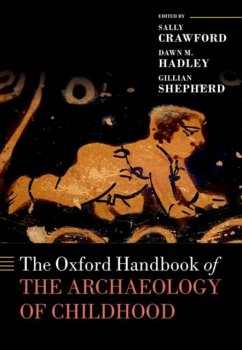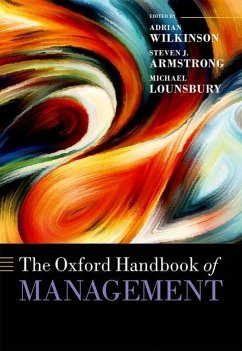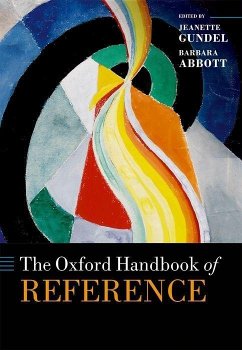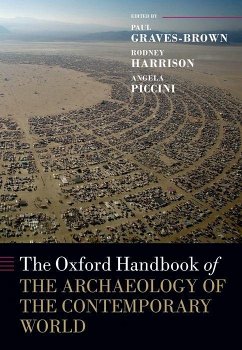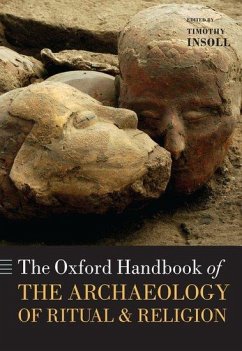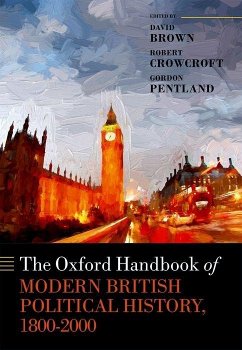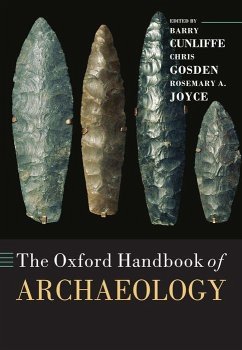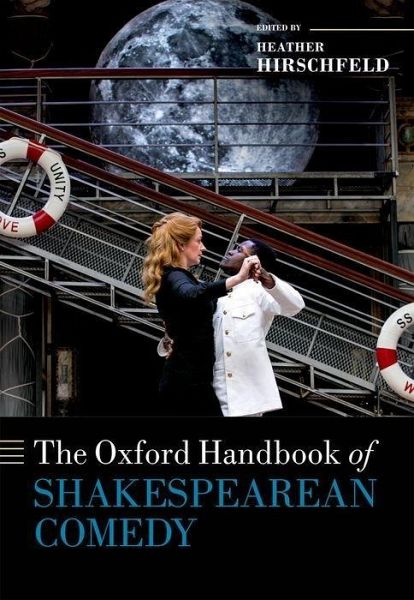
OHB SHAKESPEAREAN COMEDY OHBK C
Versandkostenfrei!
Versandfertig in 1-2 Wochen
185,99 €
inkl. MwSt.

PAYBACK Punkte
93 °P sammeln!
The Oxford Handbook of Shakespearean Comedy features a wide range of essays by leading scholars on key aspects of Shakespeare's comedies with contributions on classical and medieval sources, the literary and theatrical environment of early modern London, as well as chapters on religion, animals, music, sexual desire, architecture, and race.



